In all construction contracts, the Employer has to pay the Contractor at regular intervals throughout the project. These are called ‘interim valuations’. There are three different methods: stage payments, milestone payments and valuation of works done to date.
Stage payments are pre-agreed amounts paid at pre-determined times throughout the project regardless of the progress on-site. This provides excellent predictability for both the Employer’s and Contractor’s cash flows. However, it is inaccurate compared to works actually done on the site. For example, if the Contractor is behind programme then their stage payment could be seen as an overpayment and conversely they could be underpaid if they were ahead of programme. In our experience, they are rarely used in construction contracts due to their inaccuracy but we have seen it used on a few subcontracts.
Milestone payments are pre-agreed amounts that are paid when a specific portion of the works has been completed. It offers better accuracy but lower predictability of cash flow planning as a payment will be submitted once a milestone has been achieved which can fluctuate from an agreed programme. In our experience, these are common with various subcontracts where materials are manufactured off-site. Examples include modular buildings, timber frames, windows, lifts and swimming pools.
Valuation of works done to date is the most traditional and, in our experience, widely used of valuation types. This involves assessing the works done to date at pre-agreed intervals. This method is the most accurate as you only pay for whatever works have actually been done. However, it can offer lower cash flow predictability as the Contractor’s programme can fluctuate due to delays or disruption.



